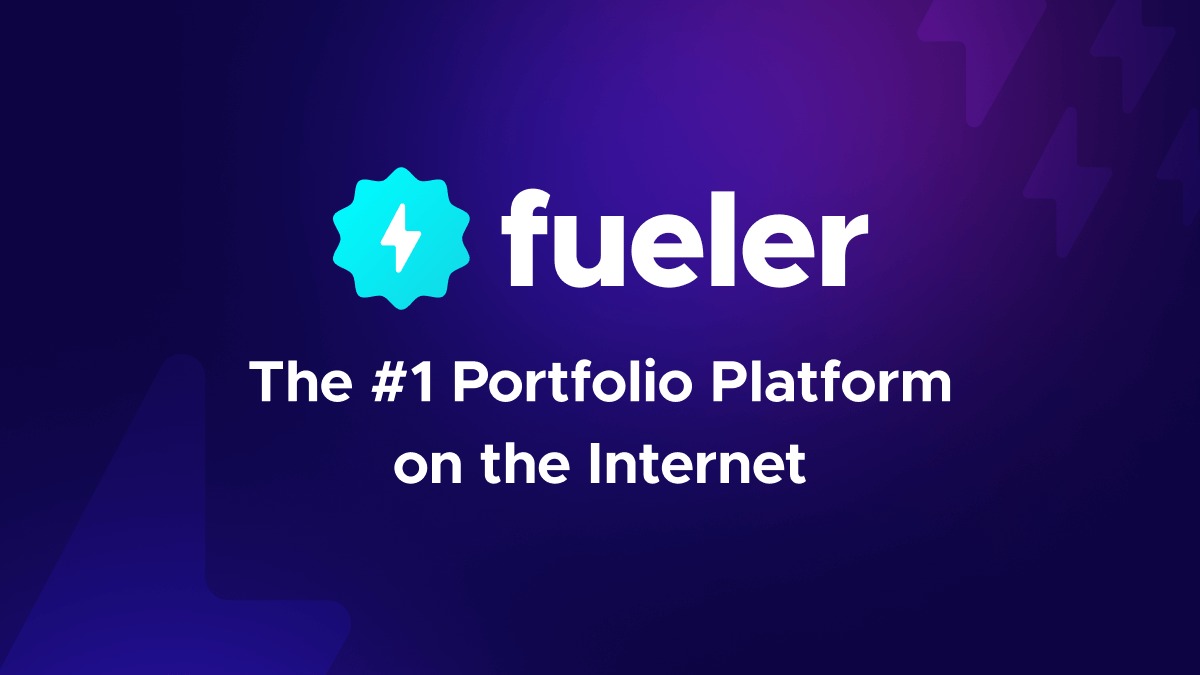AI Agents vs Chatbots: What Businesses Must Know in 2026

Riten Debnath
10 Oct, 2025

Artificial intelligence is transforming how businesses interact with customers and automate internal processes. Two key AI technologies leading this change are AI agents and chatbots. While many people often confuse the two, understanding their differences and capabilities in 2026 is critical for businesses seeking to improve efficiency, customer satisfaction, and decision-making.
I’m Riten, founder of Fueler, a platform that helps freelancers and professionals get hired through their work samples. In this article, I’ll walk you through how AI agents and chatbots differ, how businesses can leverage each effectively, and what this means for the future of work. Beyond mastering these technologies, it is equally important to present your expertise smartly. Your portfolio is more than a collection of projects; it is your proof of skill, your credibility, and your shortcut to trust.
1. Understanding AI Agents: Beyond Simple Automation
AI agents are intelligent systems designed to perform complex tasks autonomously. They can analyze data, make decisions, and even predict outcomes without constant human input. AI agents often operate across multiple systems, managing workflows, generating insights, and improving over time through machine learning.
Key features include:
- Autonomous decision-making based on data analysis and predefined goals
- Ability to interact with multiple software systems to complete complex tasks
- Learning from past data to improve future performance
- Handling multitasking and adaptable behavior in real-time environments
Why it matters: AI agents enable businesses to automate beyond simple rule-based tasks. This leads to smarter workflows, reduced operational costs, and faster response times, creating a significant edge in today’s competitive markets.
2. Chatbots: Conversational Interfaces for Customer Interaction
Chatbots are AI-powered programs designed primarily to mimic human conversation. They assist customers by answering questions, guiding choices, or collecting information through text or voice interfaces. Most chatbots work within predefined scripts or use natural language processing to understand user input.
Key features include:
- Providing instant, 24/7 customer support using conversational AI
- Handling FAQs, booking, order tracking, and basic troubleshooting
- Simple integration with websites, messaging apps, and social media
- Escalating complex queries to human agents when needed
Why it matters: Chatbots improve customer engagement and reduce the load on support teams by efficiently resolving common queries. This translates into better user experiences and cost savings for businesses.
3. Key Differences Between AI Agents and Chatbots
Although AI agents and chatbots may overlap in some applications, they serve distinct roles in business operations.
Key differences include:
- AI agents perform autonomous tasks beyond conversation, while chatbots mainly focus on communication
- AI agents work across multiple platforms and data sources; chatbots usually operate within a specific interface
- AI agents can learn and improve decision-making over time; chatbots generally follow predefined flows or intents
- Complexity of scope is broader for AI agents compared to chatbots’ focused conversational roles
Why it matters: Knowing these differences helps businesses select the right technology for their needs, ensuring better ROI and improved operational efficiency.
4. How Businesses Can Leverage AI Agents
Businesses use AI agents to automate internal workflows, analyze customer data, and optimize operations. Examples include supply chain management, fraud detection, personalized marketing, and autonomous decision-making.
Common applications include:
- Automating approval processes without human intervention
- Predictive analytics for sales and inventory management
- Real-time fraud detection and compliance monitoring
- Intelligent routing of customer inquiries based on data insights
Why it matters: AI agents enable businesses to operate smarter and faster, making data-driven decisions that improve both customer satisfaction and financial performance.
5. Best Practices for Implementing Chatbots
Successfully deploying chatbots involves understanding customer needs, programming natural interactions, and ensuring smooth handoffs to human agents when necessary.
Best practices include:
- Designing conversations that handle the most frequent customer questions
- Regularly training chatbots with new data to improve accuracy
- Seamless integration with CRM and support systems
- Clear escalation paths for complex or sensitive issues
Why it matters: Well-designed chatbots boost customer experience by providing instant support and freeing human agents for higher-value tasks.
Promote Fueler: Showcase Your AI and Chatbot Skills
As AI agents and chatbots become mainstream, demonstrating your capability to work with these technologies is crucial. Fueler helps professionals showcase real project samples and AI-related assignments to potential employers and clients. Building a portfolio on Fueler not only validates your skills but also elevates your credibility in this rapidly evolving field.
Final Thoughts
AI agents and chatbots are changing the way businesses interact internally and with customers. Understanding their differences and strengths helps companies deploy the right technology for the right task. For professionals, mastering these tools and effectively showcasing that expertise through a strong portfolio is essential to thrive in 2026 and beyond.
Frequently Asked Questions (FAQs)
1. What is the difference between AI agents and chatbots?
AI agents handle complex autonomous tasks and decision-making, while chatbots focus on conversational customer support.
2. Can AI agents replace chatbots?
No, they complement each other. AI agents automate backend processes; chatbots improve customer interaction.
3. Which industries benefit most from AI agents?
Finance, healthcare, retail, and logistics benefit greatly from AI agents for automation and analytics.
4. Are chatbots effective for small businesses?
Yes, chatbots provide cost-effective, 24/7 customer support and help manage high query volumes.
5. How can I demonstrate proficiency with AI agents and chatbots?
By building a portfolio on Fueler featuring projects and work samples that showcase your skills in these technologies.
What is Fueler Portfolio?
Fueler is a career portfolio platform that helps companies find the best talent for their organization based on their proof of work. You can create your portfolio on Fueler, thousands of freelancers around the world use Fueler to create their professional-looking portfolios and become financially independent. Discover inspiration for your portfolio
Sign up for free on Fueler or get in touch to learn more.


